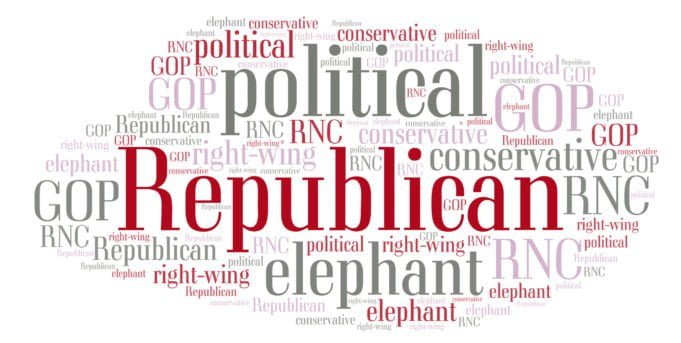Independent candidates for President – and efforts to establish a third party – have failed miserably in America for the past 170 years – and most likely always will. There are both traditional and systemic reasons for that.
America has evolved into a two-party system. That has been the case since the Republican Party took over from the Whigs in the 1850s and elected President Lincoln in 1860. There have been attempts at new parties. Republican President Theodore Roosevelt attempted to retain the presidency with the Progressive Party – commonly known as the Bull Moose Party – after he lost the GOP nomination to President William McKinley.
They were an ill-fated pair. Roosevelt was shot, wounded and lost the election while campaigning. McKinley was shot and killed as President.
Segregationist Democrats walked out of the 1948 National Convention to form the Dixiecrat Party with Senator Strom Thurmond as the presidential candidate. They carried 4 southern states with a meager 39 electoral votes. Following the victory by President Harry Truman, the Dixiecrats returned to the Democratic Party. They continued their short-lived but successful efforts to block civil rights legislation.
There have been independent candidacies.
The two most notable were Republican businessman Ross Perot in 1992. He got almost 20 percent of the vote but did not carry a single state. The other was Green Party candidate Ralph Nader in 2000. He did not carry a single state. However, he may have siphoned off enough liberal votes in Florida to throw the election to President George Bush.
There have been other parties and candidates in the presidential races. But they hardly made a blip on the political radar.
Part of the problem for these outlier efforts is tradition. The American public is conditioned to think in terms of Republican and Democrat as the viable choices. The two-party preference stems from the natural polarization of politics between a conservative philosophy of limited government and a progressive philosophy of a powerful government.
There is also a systemic reason.
Over the years, the Republicans and the Democrats have passed laws and regulations that make launching a third party or an independent campaign prohibitively complicated and expensive.
Every effort by conservatives to split away from supporting the GOP – whether it is conservative apostates like those who created the inappropriately named Lincoln Project, those walking away from the actual party of Lincoln over rejection of those they call RINOs (Republicans In Name Only) or the creation of a rump political party like the rumored Patriots Party – will only aid and abet the other side.
We saw that in the 2020 presidential election and the special Senate election in Georgia. Dedicated principled conservatives have only one viable political option if they want to succeed – and that is working diligently within the Republican Party to produce winning conservative candidates.
When was the last time you have seen Democrats split over petty intra-Party squabbles? To influence policy, one needs to win elections. Republicans – and a lot of conservatives – appear not to have learned that lesson yet.
So, there ‘tis.
